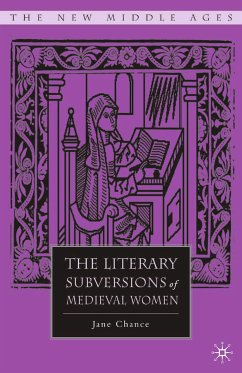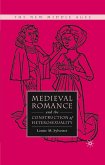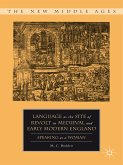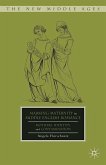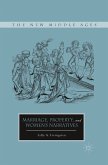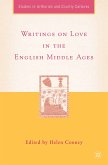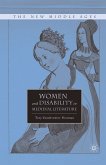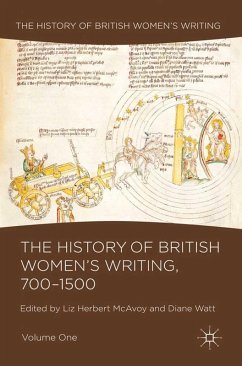Dieser Download kann aus rechtlichen Gründen nur mit Rechnungsadresse in A, B, BG, CY, CZ, D, DK, EW, E, FIN, F, GR, HR, H, IRL, I, LT, L, LR, M, NL, PL, P, R, S, SLO, SK ausgeliefert werden.
"Chance's study is an incisive, eloquent, and erudite survey of the wide-ranging strategies which medieval women writers in Latin, French, German, and Italian deployed to turn the tables on the misogynist literary culture of their time, to restore in effect the abused ideal of a universal republic of letters. It combines the latest scholarship in critical and cultural studies, especially post-colonialist and feminist theory, with a sweeping, often breath-taking command of more traditional medievalist scholarship. It opens up, in a pioneering fashion, a new dialogue about women writers in medieval (and also modern) culture. One might not always agree with Chance nor does she expect this response but no one can fail to be stimulated by this deeply provocativestudy." - Jeff Richards, Professor of Romance Literatures, University of Wuppertal
'Chance has long been recognized as a leading scholar of the Middle Ages. This book is an exceptional achievement by a medievalist at the top of her game. Her work reinvigorates the study of important medieval women writers like Hrotsvit of Gandersheim, Marie de France, Marguerite Porete, Margery Kempe, and Julian of Norwich, suggesting exciting new directions for the discipline of medieval studies.' - Laurie Finke, Professor of Women's and Gender Studies, Kenyon College

